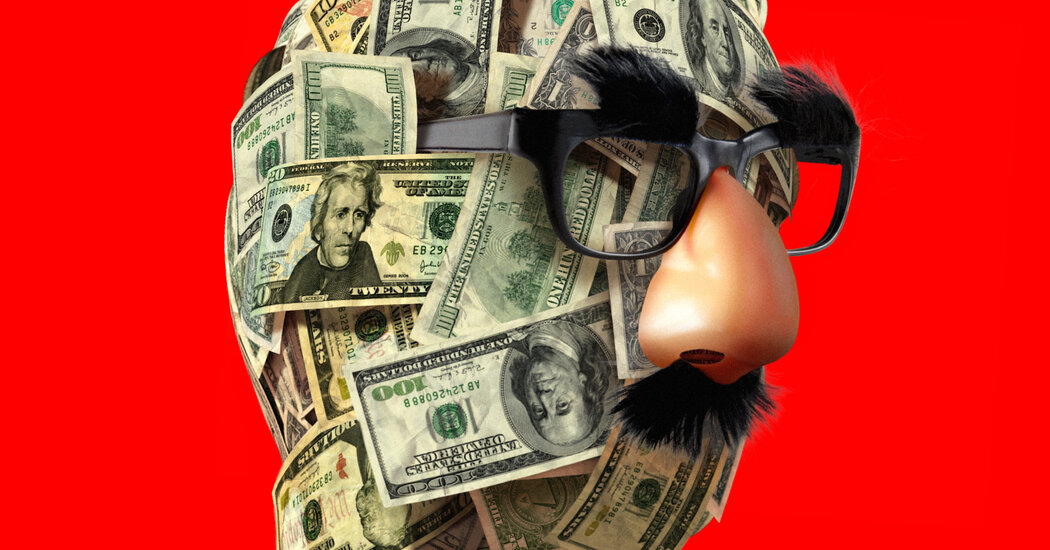
Mr. Musk did not respond to an email asking him to discuss his philanthropic giving.
The notion that rich people have a moral obligation to give is an ancient one. Mr. Soskis, a historian of philanthropy, notes that wealthy citizens in ancient Rome tried to outdo one another paying for public baths and theaters. The inscriptions on those edifices could count as a form of early donor lists.
The idea that the richest might need charity to improve their public relations is also longstanding, driven home in the Gilded Age by the 1882 outburst by railway magnate William Henry Vanderbilt, “The public be damned!” that shadowed him to the end of his days.
Efforts to track the charitable giving of the very wealthy in the United States date to the late 19th century, when the ranks of millionaires exploded. Before long, newspapers were running front-page lists of who had made the biggest gifts. The original duo to capture public attention were John D. Rockefeller and Andrew Carnegie, whose feelings on publicizing philanthropy were diametrically opposed.
Cartoons from the era showed Mr. Carnegie, often dressed in a kilt to reference his Scottish origin, showering coins from enormous bags of money. “The man who dies thus rich dies disgraced,” Mr. Carnegie wrote in “The Gospel of Wealth,” his treatise on giving. Mr. Rockefeller preferred to keep his giving more private and had to be convinced to announce his gifts.
To those who think the trolling started on Twitter, philanthropy was never quite as polite as we imagine today. George Eastman, one of the founders of Eastman Kodak, called those who did not give their money away during their lifetimes “pie-faced mutts.” Julius Rosenwald, the chairman of Sears, Roebuck and Company and a major philanthropist in his day, insisted that the accumulation of wealth had nothing to do with smarts, adding, “Some very rich men who made their own fortunes have been among the stupidest men I have ever met in my life.”
But the idea that giving helps the reputation is at best only partially true. Givers are celebrated at times but just as often the higher profile means their motives and choices are picked apart. The Oracle co-founder Larry Ellison and the Google founders Larry Page and Sergey Brin are each worth over $120 billion, per Forbes, but none of them receives the level of scrutiny that Mr. Gates does, for instance.
“If you put your head above the philanthropic parapet and say, ‘I’m interested in the environment,’ or whatever cause area, people can start to question it,” said Beth Breeze, author of the recent book “In Defence of Philanthropy.” Ms. Breeze has pushed back against the recent trend of criticizing philanthropists, who, she says, are regularly described as “tax dodging, egotistical, irritating” — criticism they may earn, but not comments that she views as useful to the greater good.



